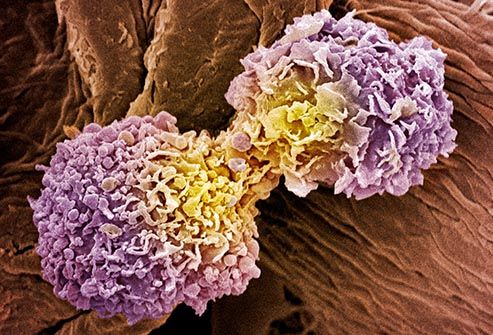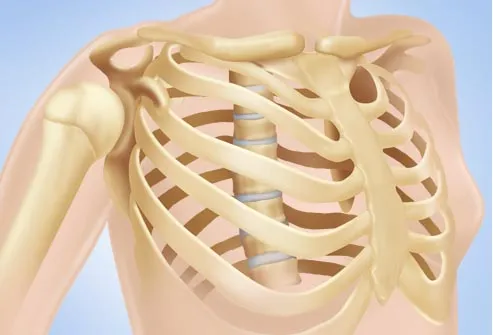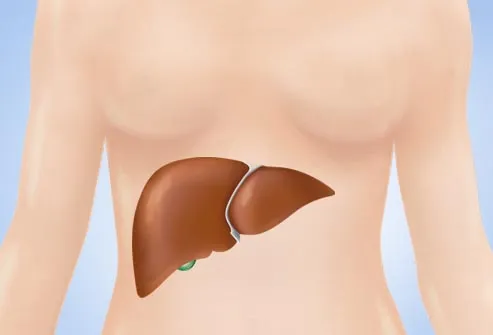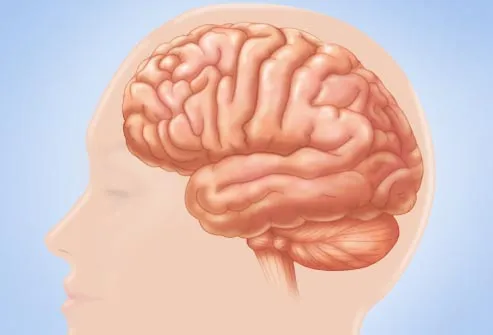Es un pequeño forúnculo que se forma debido al bloqueo e inflamación de una glándula sebácea de Meibomio (orzuelo interno) del parpado. Inicialmente, el chalazión se manifiesta en el enrojecimiento, hinchazón y sensibilidad del parpado. Sin embargo, en unos días el estado cambia, no duele, pero empieza a crecer un quiste en el parpado. El chalazión empieza siendo bastante pequeño, casi imperceptible, pero puede llegar a crecer al tamaño de una arveja (chicharo). Muchas veces este se confunde con el orzuelo que es una inflamación de las glándulas sebáceas de Zeiss (orzuelo externo) y es doloroso. El chalazión por lo general no esta acompañado de una infección, pero puede surgir como consecuencia del orzuelo. Síntomas • Aparición de un forúnculo en la parte superior del parpado • Ojos llorosos • Visión borrosa Para poder diferenciar al Chalazión que requiere una cirugía del orzuelo que en general no requiere cirugía, se debe consul...
Clínica Médica General viene brindando servicios a la comunidad hispana por más de 25 años.






Comentarios